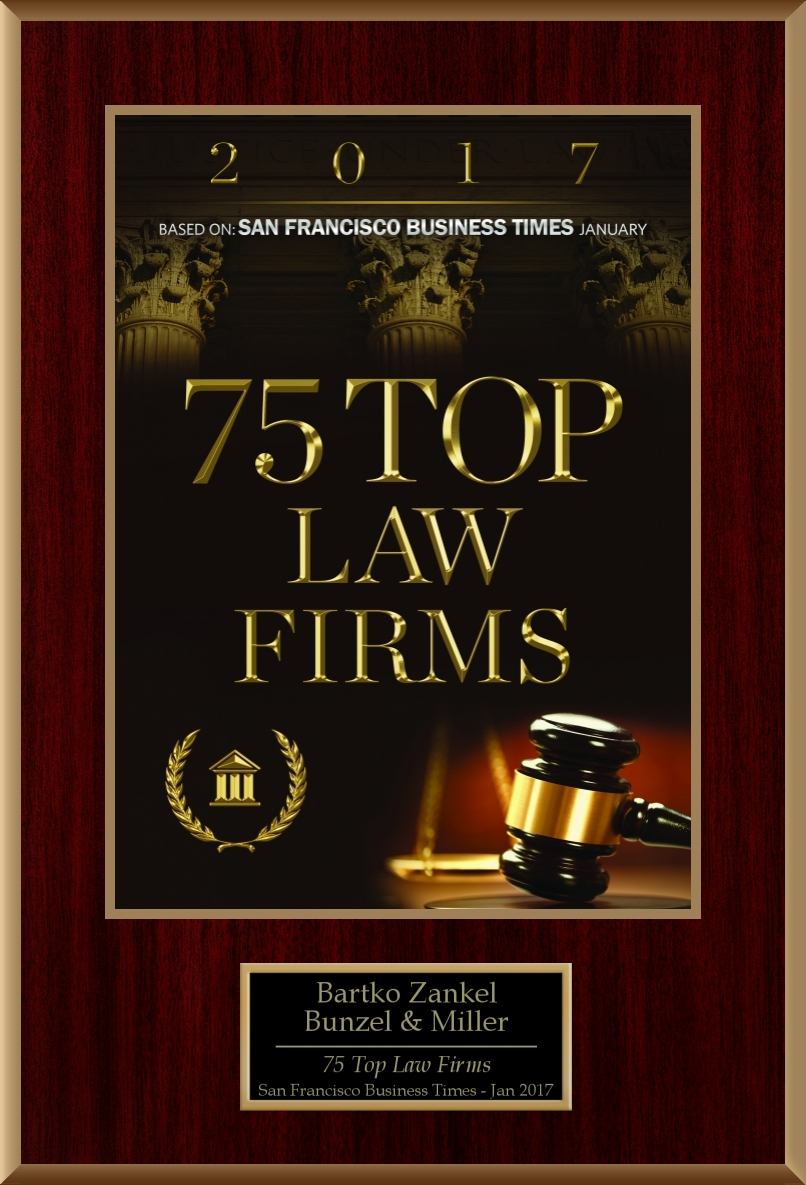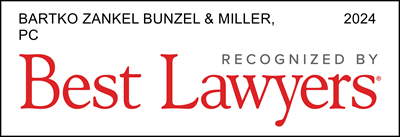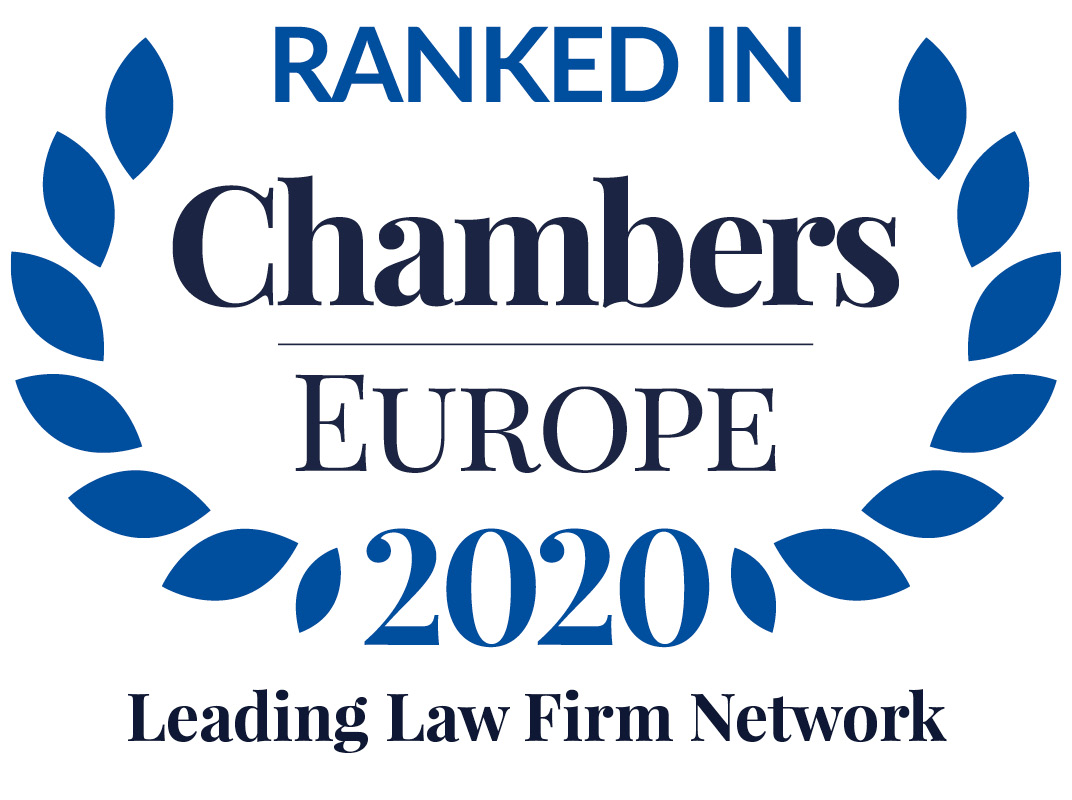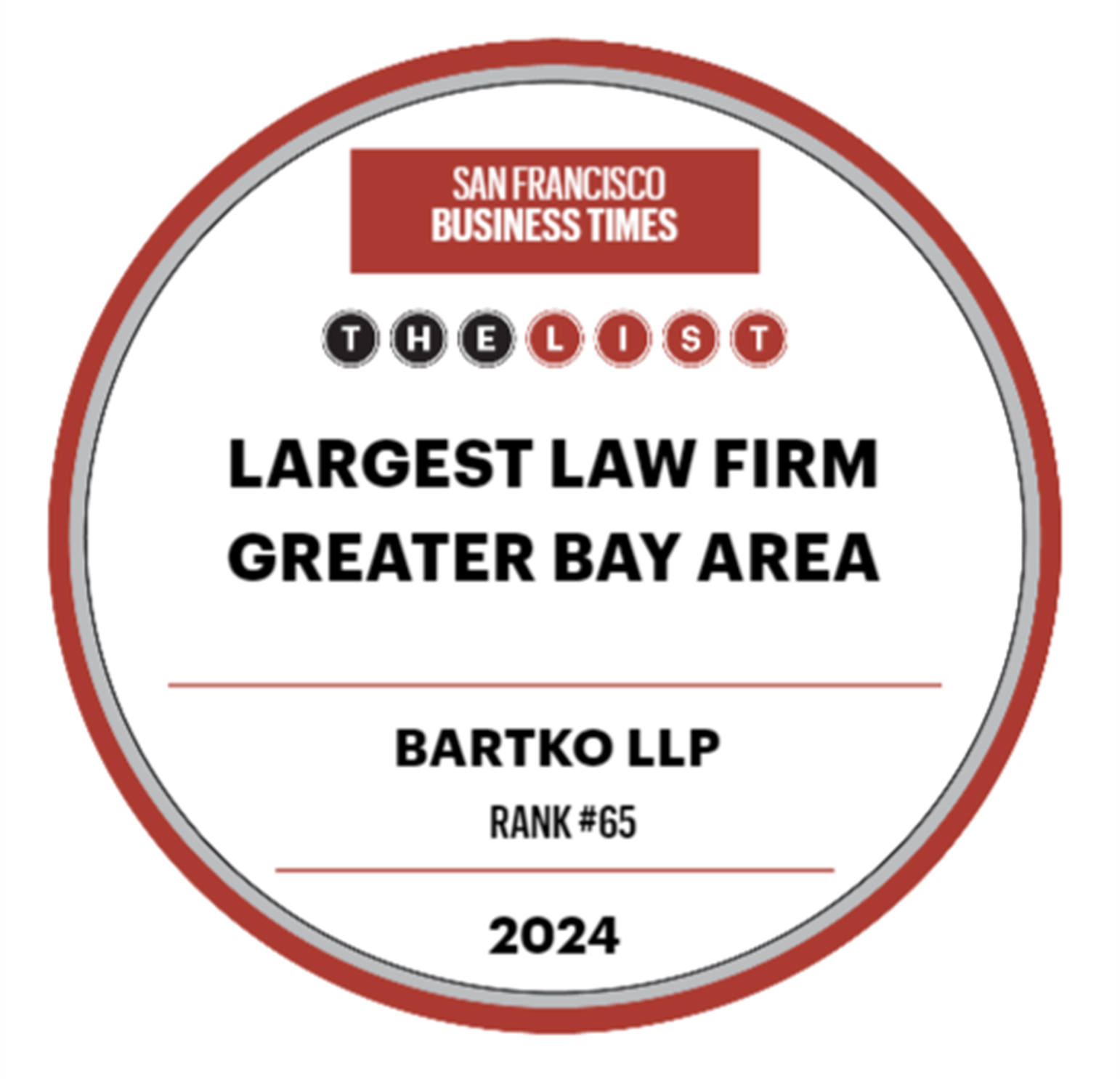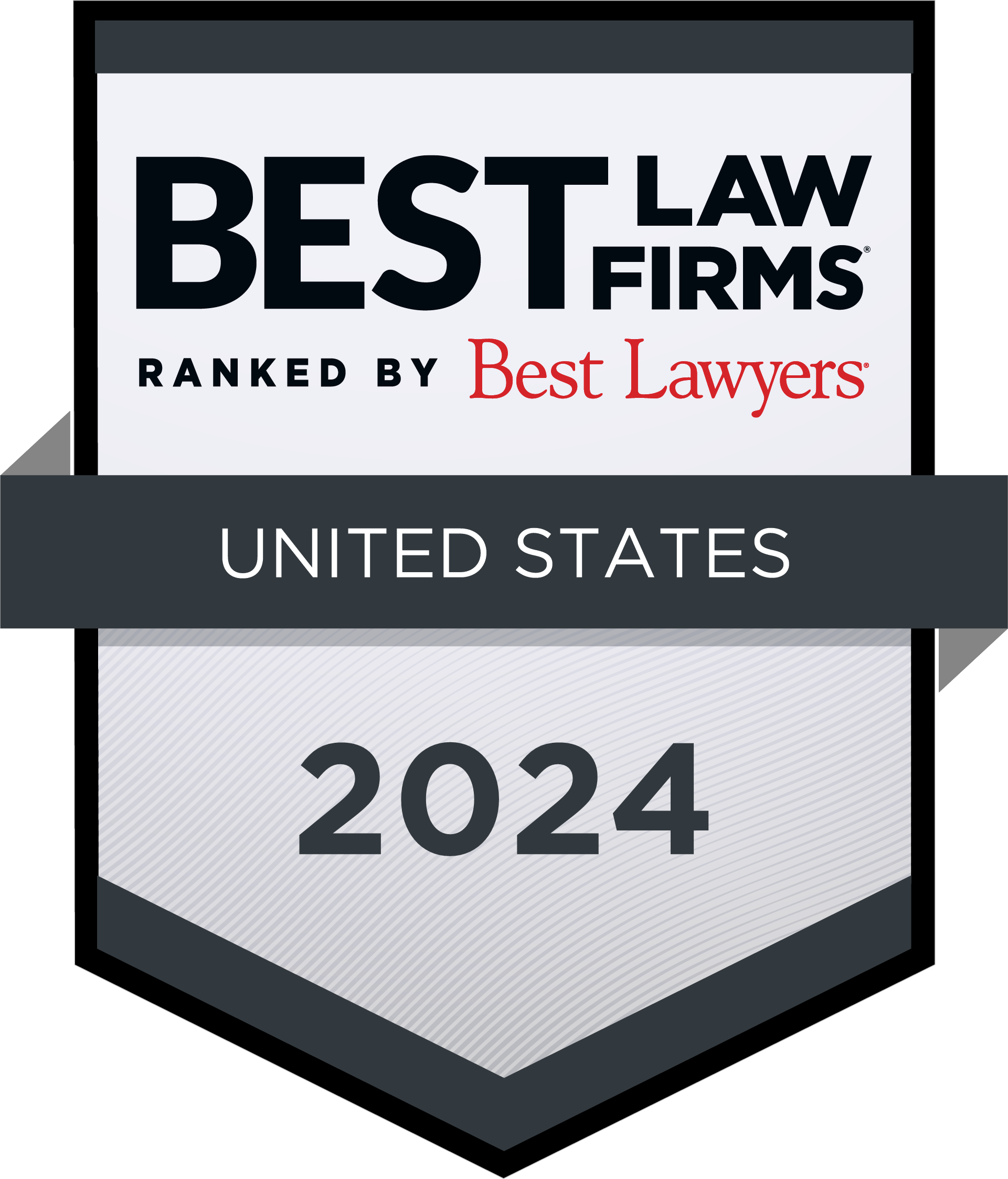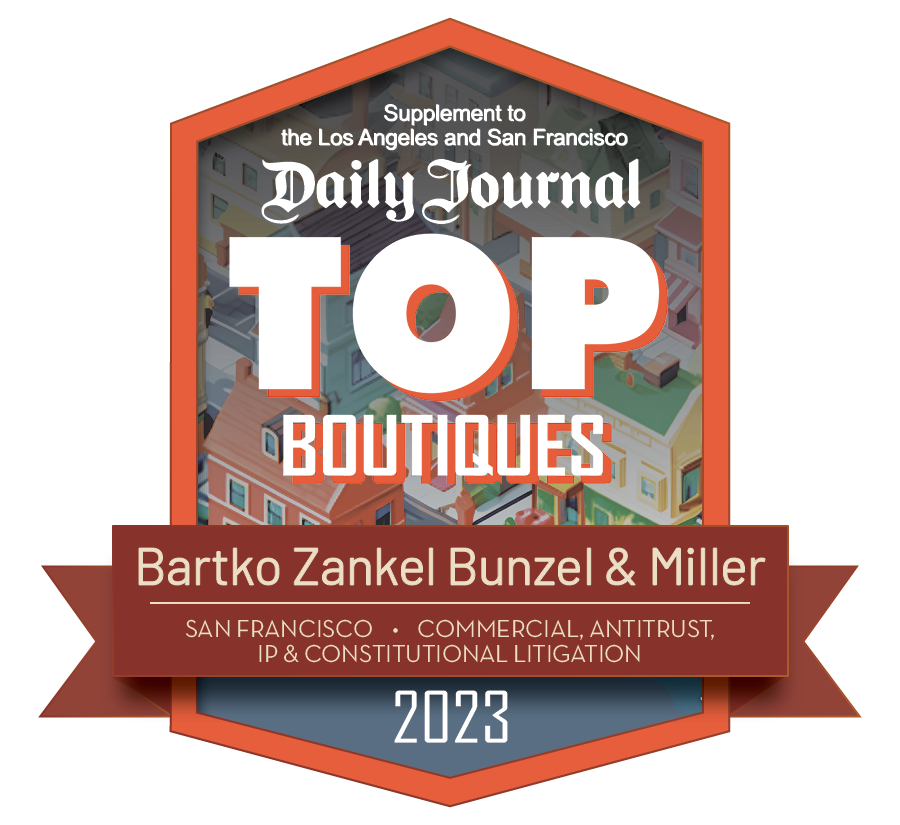- Home
- The Firm
- People
- Michael D. Abraham
- Scott W. Glassmoyer
- An Nguyen Ruda
- Holly A. Adams
- Howland Gordon
- Patrick M. Ryan
- Sony B. Barari
- Kimberly G. Goto
- W. Paul Schuck
- John J. Bartko
- J. Thomas Hannan
- Hilda A. Senseney
- Robert H. Bunzel
- Curtis P. Holdsworth
- Brian A. E. Smith
- Kelly Ann Coleman
- Josiah R. Jenkins
- Chad S. Smith
- Tyler M. Cunningham
- Marisa C. Livesay
- Frank F. Sommers
- Brittany N. DeJong
- P. Casey Mathews
- Stephen C. Steinberg
- Chad E. DeVeaux
- David B. Matthews
- Hector Suarez
- Ramanpreet Dheri
- John “Jack” McLean
- Richard T. Tarrant
- Kerry L. Duffy
- Sean R. McTigue
- C. Griffith Towle
- Oliver Q. Dunlap
- Charles G. Miller
- Steve Vieux, CIPP/US
- Elizabeth T. Ferguson
- Karen E. Pointer
- Kimberly A. Weber
- Louise Ann Fernandez
- Marco Quazzo
- Taylor Yamahata
- Pamela J. Fields
- Kenneth Richard
- Martin I. Zankel
- Barbara Finkle
- Benjamin K. Riley
- Jason A. Zweig
- Joseph J. Fraresso
- Practices
- Practices Overview
- Transactional Real Estate
- Business Litigation
- Class Actions
- Enforcement and Data Privacy
- Franchise and Distribution
- Intellectual Property Litigation
- IP & Brand Protection | Supply Chain Security
- Labor & Employment
- Patent Litigation
- Real Estate Litigation
- Trade Secret Litigation
- Trademark, Copyright and Technology Licensing Litigation
- Trust and Estate Litigation
- White Collar & International and Internal Investigations
- Holocaust Asset Recovery
- News & Media



